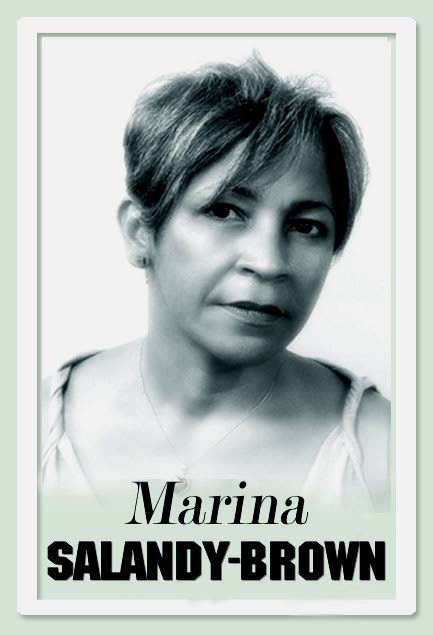1990 – Lest we forget!

President Paula-Mae Weekes laid a wreath last Tuesday at the Red House to mark the 31st anniversary of the 1990 attempted coup, but thinks wreath-laying is inadequate. She assertively called for a memorial to be erected to commemorate those who died and still suffer the physical and psychological scars of what she deems “an unjustified and heinous grab for power” on July 27, 1990.
It was a renewal of her 2018 call for a “proper and fitting annual national observance” lest the unforgettable event dims in our memory.
The attempted coup was the action of an utterly deluded and misguided rag-tag army of Muslimeen. They sought to bring down the democratically elected government of TT but seemed to have little idea of what would replace it.
In that sense alone the President is correct in her description of the wasteful and diabolical act that ended with 25 deaths, loss of jobs and property, damage valued at an estimated (then) $150 million, and fractured souls, families, communities and the nation’s heart and sanity.
It was a body blow that social scientists identify as a turning point in our history and national development. Our president says it undermined our sense of sovereignty and was “an egregious and audacious violation of our national security and freedoms.”
One could not disagree with any of her sentiments, and her indignation is the same felt by those who had a front seat during the six-day siege that mainly focused on holding the hostage at the Red House and the staff at the national television station, TTT, while the police lost control of the looting that spread wildly, with some officers themselves joining in the raid on private property. The mayhem in the vicinity of Parliament, the bombed Police Headquarters on St Vincent Street, and on Frederick, Hart and Abercromby Streets are vividly captured in Dennis McComie’s 1990: The Personal Account of A Journalist Under Siege published in 2020 with the financial assistance of the National Gas Company.
The author was holed up with a small group of staff at the National Broadcasting Station (NBS)on Abercromby Street, home of radios 610 and FM100, where my sister was the on-air announcer when terror struck.

There is not much to chuckle about in the author’s spontaneous and vivid account of that history but the description of my sister fleeing the building that was on fire “like a jet out of hell” and driving down the street in the wrong direction,”car horn blaring incessantly," sounds exactly like the sort of outrageous road indiscretion she was well-known for in the family.
McComie and six other brave souls decided to stay put, and although they did not know exactly what to do or how to do it, their roles soon revealed themselves. They became the only broadcast contact with TT citizens after the defence force took the national TV channel off air.
McComie remembers and quotes snippets of the conversation between him and the leader of the attempted coup, which infamously ended with the Privy Council – our final court of appeal – upholding the terms of an amnesty and freeing the insurgents of several charges, including treason.
The coup leader, who called the station demanding TTT be put back on air, claimed it to be a just and popular revolution. He said he wanted peace and had called upon the armed forces to protect the people. He seemed to think people were calling his name and clamouring for him in the streets.
“Who gave them food, money and medicine? Not the government…”
Of course, it was all in the realm of fiction, because it was not a popular uprising and the average man may have been frustrated with the failing economy and various forms of privation, but nobody was calling for the hijacking of Parliament or killing of MPs.
Whenever I recall that dreadful event it takes me back to Earl Lovelace’s classic The Dragon Can’t Dance, which so completely captures the problematic question of split personal and collective identities born out of our different ethnicities and religions and linked to poverty and social status. The feeling of powerlessness and the restless desire to exercise power in meaningless, unproductive ways seems to be an effect of our experience of colonisation and feelings of oppression.
In the novel, the main character, Aldrick, is part of a deluded rebel gang that gets the guns for a planned revolt, and there they all were, armed to the hilt, but “they were waiting for someone to come and tell them what to do.”
Raoul Pantin, the other (now deceased) journalist who penned his personal account of the coup, Days of Wrath, like McComie, never quite recovered from his ordeal – the threats, the fear, the long hunger, the noise, the violence and loss of life.
In 1990, McComie echoes President Weekes’warning of the dangers of not educating the young in all our history and therefore the likelihood of repeating our past. I join him in appealing for July 27 to be designated a permanent day of remembrance.

Comments
"1990 – Lest we forget!"